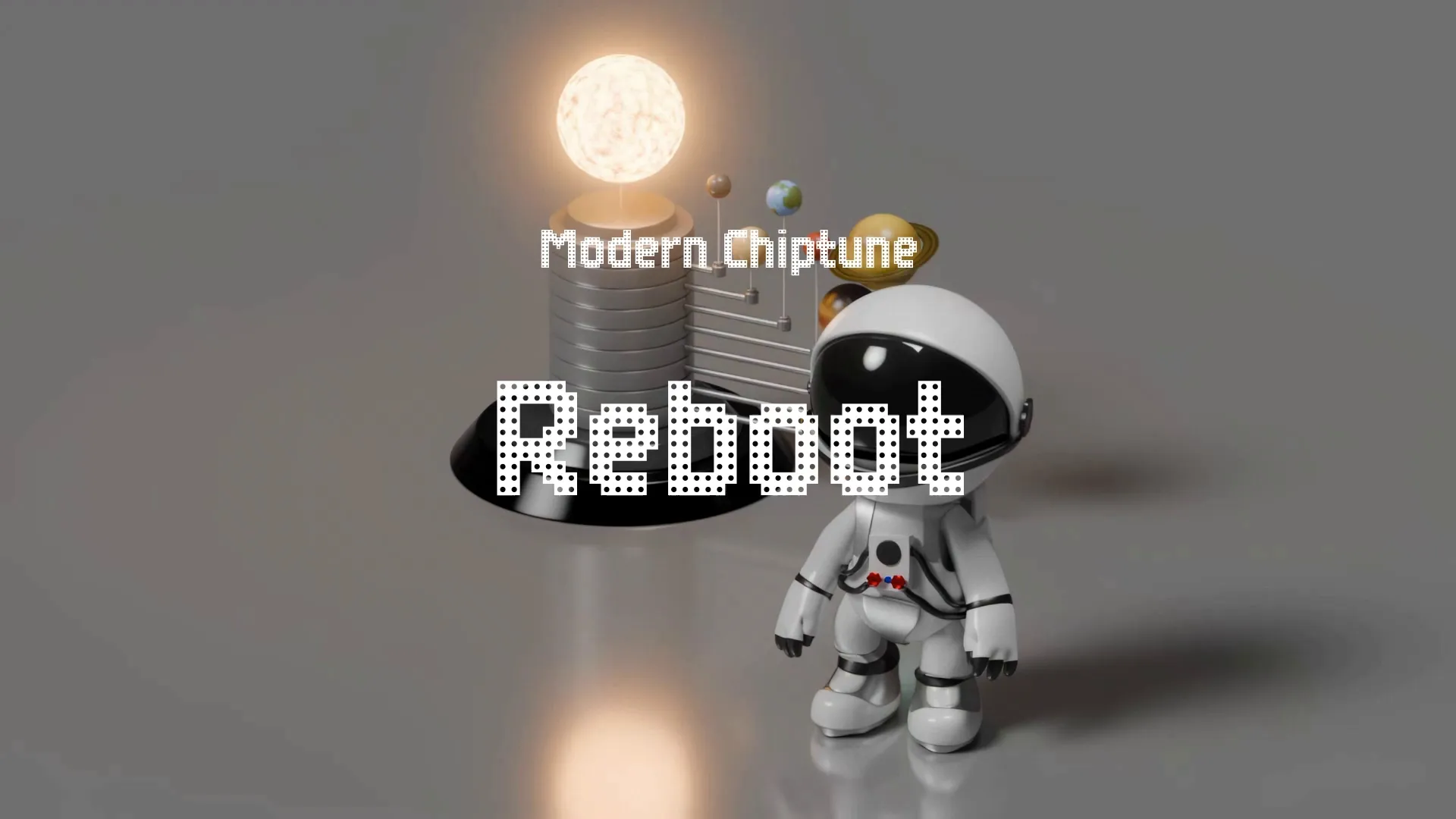Indie Dev Stories: Progress Tracking for Game Success (Case Study)
Indie Dev Stories: Progress Tracking for Game Success (Case Study)
Tracking your game development progress is often overlooked. Many indie developers dive headfirst into coding without a clear plan. This can lead to wasted time, feature creep, and ultimately, a stalled project. But a well-defined system for tracking progress can be the difference between a dream and a finished game. Let’s explore how one indie game, “Starlight Symphony,” achieved success through meticulous progress tracking.
Pre-Production: Goal Setting and the Game Dev Journal
“Starlight Symphony” began with ambitious goals. The solo developer, Alex, wanted to create a rhythm-based RPG with a unique hand-drawn art style. But ambition without structure is a recipe for disaster. Alex started a game dev journal from day one. The first entries focused on defining the core pillars of the game: gameplay, story, and art style. Each pillar was broken down into specific, measurable goals. For example, instead of “create engaging gameplay,” Alex wrote “implement core rhythm-based combat mechanic with 3 enemy types by the end of month 1.” Linking journaling with ambitious goal setting is vital in the early stages. It helps you visualize the entire project and identify potential roadblocks early on.
The Pitfalls of Untracked Development
Without progress tracking, it’s easy to fall into common traps. Scope creep is a major one. New ideas pop up constantly, and it’s tempting to add them all. Before you know it, the project has ballooned in size and complexity. Feature bloat is another danger. Adding unnecessary features that don’t enhance the core gameplay experience. This leads to wasted development time and a confusing player experience. “Starlight Symphony” faced these challenges early on. Alex initially planned for 10 playable characters. But through consistent journaling and progress reviews, Alex realized this was unrealistic. The character roster was cut to 4, allowing for deeper development of each one.
“Starlight Symphony’s” Tracking System: A Step-by-Step Breakdown
Alex used a combination of tools and techniques to stay on track. First, a Kanban board to visualize the development pipeline. Tasks were broken down into smaller, manageable chunks and assigned to different columns (To Do, In Progress, Done, Testing). This provided a clear overview of what needed to be done and what was currently being worked on. Next, weekly sprint reviews were conducted. Every Friday, Alex reviewed the past week’s progress, identified any roadblocks, and adjusted the plan for the following week. This ensured that the project remained on schedule and that any issues were addressed promptly. Finally, retrospective journals were used to analyze completed milestones. What went well? What could have been done better? These reflections helped Alex to improve the development process and avoid repeating mistakes. Consistent use of a game development log provides invaluable insights into your workflow.
Actionable Methods to Improve Your Tracking
Start small. Don’t try to implement a complex tracking system overnight. Begin with a simple game dev journal and a basic to-do list. Break down large tasks into smaller, more manageable steps. This makes the project feel less daunting and provides a sense of accomplishment as you complete each step. Set realistic deadlines. Be honest about how much time each task will take. It’s better to underestimate and finish early than to overestimate and fall behind. Regularly review your progress. Take time each week to assess your progress, identify any roadblocks, and adjust your plan accordingly. Be flexible. Things will inevitably change during development. Be prepared to adapt your plan as needed. Embrace iteration. Don’t be afraid to experiment and try new things. The most important thing is to keep moving forward. “Starlight Symphony” is a testament to the power of consistent tracking and journaling. Alex was able to overcome challenges, avoid common pitfalls, and deliver a polished, engaging game.
Ready to Level Up Your Game Dev Tracking?
Tracking your progress is crucial for indie game success, and consistent journaling is the foundation. It’s the cornerstone of staying organized, motivated, and ultimately, finishing your game. If you’re looking for a structured way to implement goal-based journaling and streamline your game development process, then get started today with our journaling tool: Improve Your Indie Game Development with Goal-Based Journaling.



.webp)








.webp)









